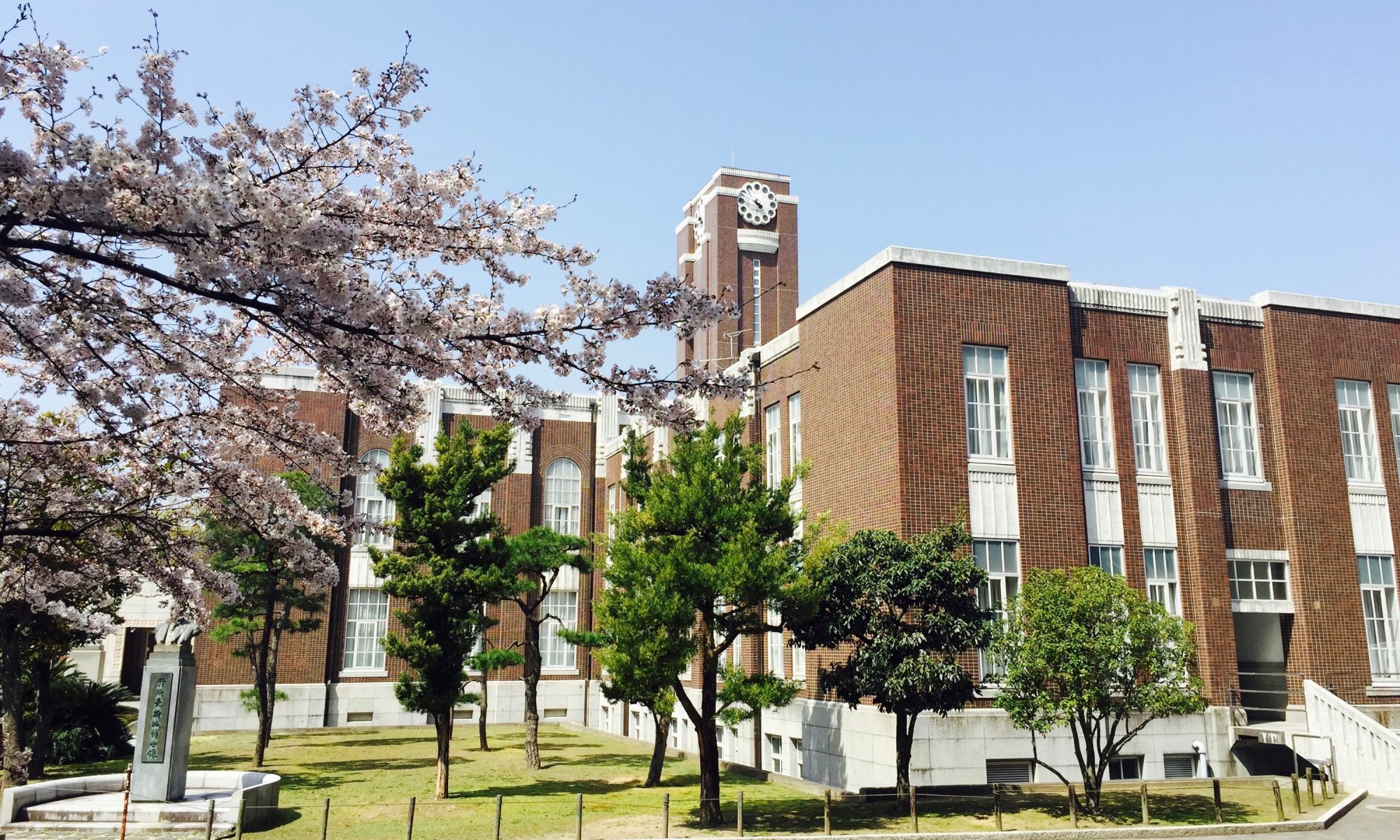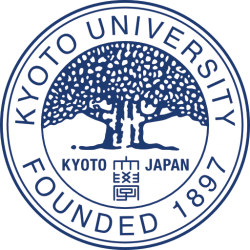Course Type: Lecture
Study Focus: KBR, VMC
Term: Fall
Teacher: YOSHII Hideo, SHIMOGAKI Hitoshi, Erika Angela FORTE
Course Code: JK41002


Joint Degree Master in Transcultural Studies
Kyoto University | Graduate School of Letters
The research modules build on the theoretical, methodological, and regional competences acquired in the first year of study and allows for further specialization in line with the individual study goals of the students in preparation for their master’s thesis.
Course Type: Lecture
Study Focus: KBR, VMC
Term: Fall
Teacher: YOSHII Hideo, SHIMOGAKI Hitoshi, Erika Angela FORTE
Course Code: JK41002
Teacher: Ida DURETTO
Course Code: JK39002
Italian neorealism (1945-1952) was a crucial movement in film history, marking an aware move away from mainstream Hollywood filmmaking and focusing on realistic characters and stories.
Continue reading “Global Neorealism”Teacher: KAWASHIMA Takashi
Course Code: JK41001
In this class, we will discuss the story of “Heidi” (1880/81) by Johanna Spyri from the perspective of comparative literature.
Continue reading “Heidi in Japan”Teacher: Kjell ERICSON
Course Code: JK40002
This seminar introduces students to issues related to the historical study of animals.
Continue reading “Historical Seminar: Animals and Borders”Teacher: KOBAYASHI Mai
Course Code: JK38006
This semi-intensive course provides students with a diverse overview of Japan’s international development assistance policy and practice of the Japanese government, business actors, and civil society organizations based on actual cases.
Continue reading “International Development Assistance Policy”Teacher: Orna RAVIV
Course Code: JK46001
This course examines Israeli cinema and Israeli-Palestinian through philosophical and aesthetical lenses, exploring the intersection of film and philosophical concepts.
Continue reading “Israeli and Israeli-Palestinian Cinema: Frames of Identity and Alterity”Teacher: Kjell ERICSON
Course Code: JK45001
When we conjure up “the environment” in our mind’s eye, what do we see?
Continue reading “Issues in Environmental History: Nature, Knowledge, Place, and Surroundings”Teacher: SANO Mayuko
Course Code: JK38003
This course aims to explore Japanese diplomacy during the last decade of the Tokugawa Shogunate, through in-depth readings of documents (such as memoirs, diaries, and diplomatic correspondences) written by people who worked on the ground during that time.
Continue reading “Japan’s early diplomacy during the last decade of the Tokugawa Shogunate”Teacher: Milos DEBNAR
Course Code: JK38007
This course aims to introduce key issues related to contemporary migration to Japan and integration of migrants.
Continue reading “Migration and integration in contemporary Japan”Teacher: MINAMIDANI Yoshimi
Course Code: JK47001
Through the reading of Joanna Bourke’s The Story of pain: from Prayer to Painkillers (2014) and stories about painful experiences,
Continue reading “Pain Culture and Pain Literature”